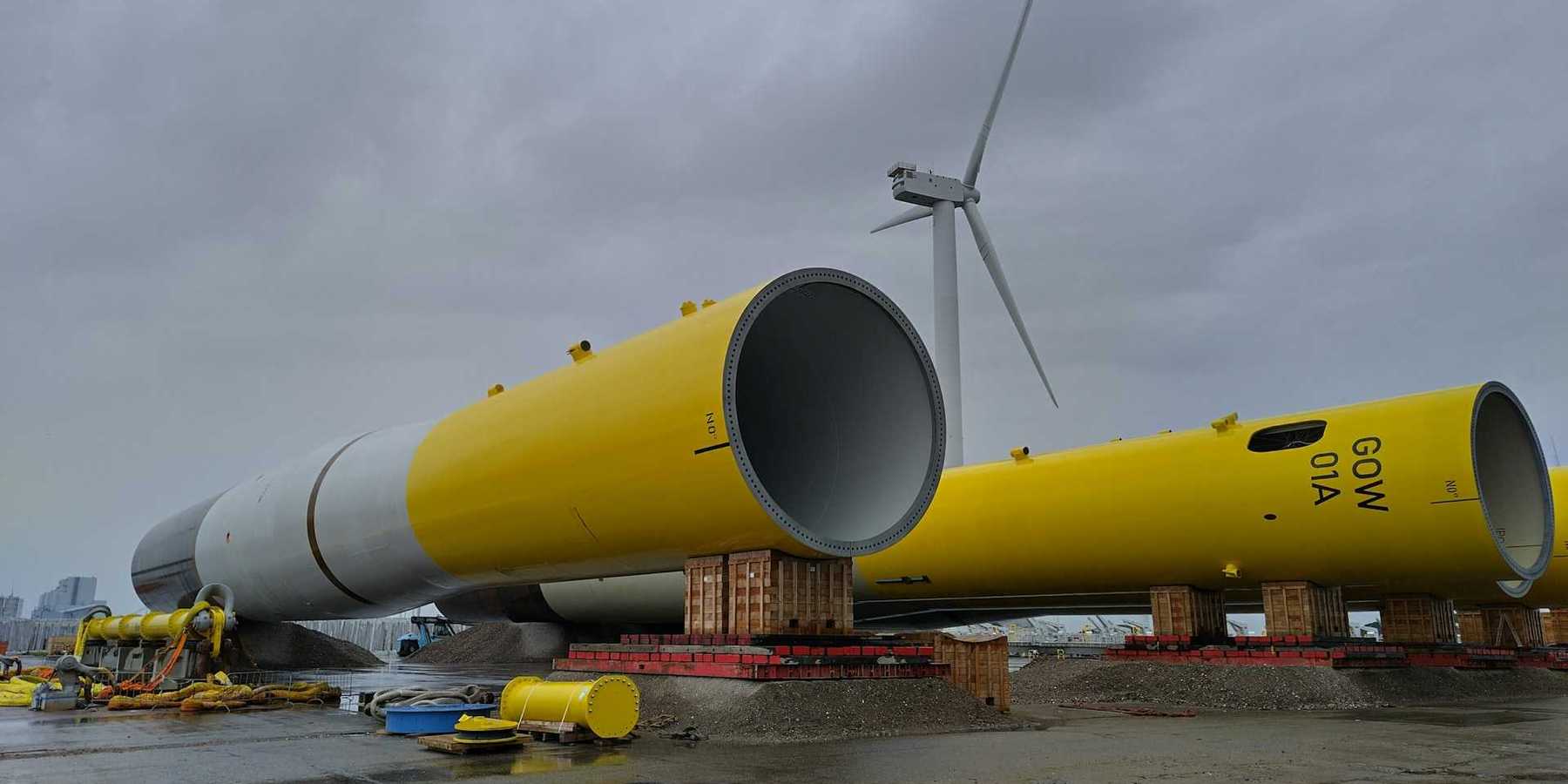Plastic industry pushes for recycling as a solution to pollution crisis
The petrochemical industry claims to support a global treaty to curb plastic pollution but emphasizes recycling over production caps.
Joseph Winters reports for Grist.
In short:
- Industry groups are promoting recycling targets and waste collection improvements as alternatives to capping plastic production.
- These proposals could cut global plastic pollution by 36% by 2050, but without a production cap, it's harder to achieve significant reductions.
- Industry influence over treaty negotiations is increasing, with substantial lobbying at recent sessions.
Key quote:
“Whether the treaty includes plastic production cuts is not just a policy debate. It’s a matter of survival.”
— Jorge Emmanuel, adjunct professor at Silliman University in the Philippines.
Why this matters:Recycling initiatives proposed by the petrochemicals industry while beneficial, are insufficient to tackle plastic pollution. A comprehensive approach, including production caps, is a more effective approach to achieve meaningful health and environmental benefits. For more read the op-ed by Pete Myers: We must determine which uses of plastic remain essential; eliminate those that aren’t; and design new materials to replace still essential plastics.













